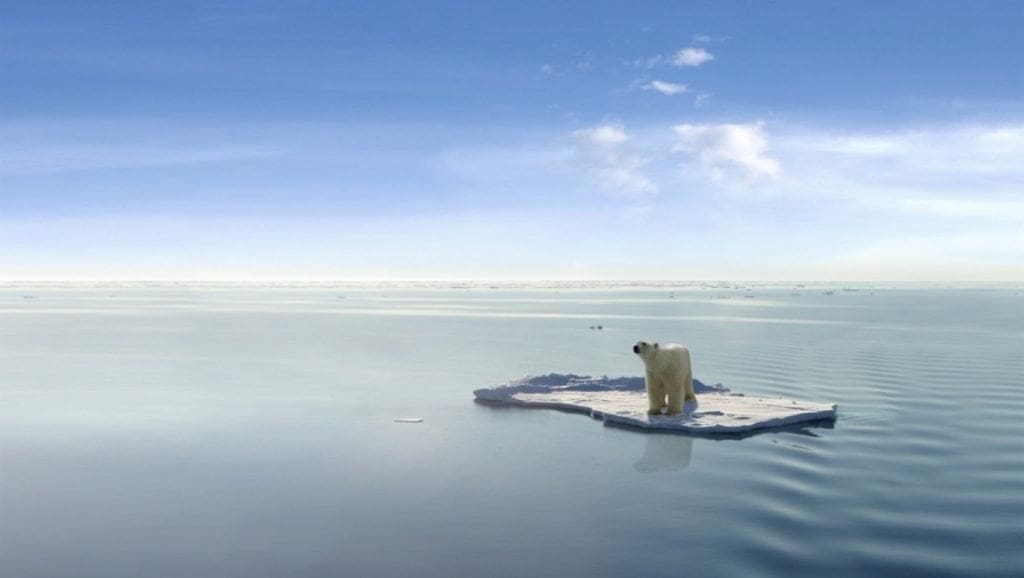The global warming produced by current CO2 emissions will go well beyond the expected degree and a half
Even if we were to stop building polluting power plants, factories, cars and homes today, the temperature will rise beyond the 1.5˚C limit set in the Paris agreements.
Current sources will produce 660 billion tons of greenhouse gases: "only" 580 are enough to fail all the objectives hoped for in many sumptuous climate summits.
It looks bad.
If we continue to use the current plants, global warming will increase by well over 2 ° C in a few years, and probably not reversibly in the short term. Perhaps, according to other studies, not totally reversible.
The terrible, yet another remarks of this tenor are part of a paper published today in the journal Nature, and could be further surpassed. Already in 2010, scientists estimated that man had already produced enough pollution to raise the earth's temperature by 1,3°C ˚. They warned everyone, begged for quick solutions. Today's data are a natural consequence.

With 1.5˚C increase, 2 million square meters of arctic permafrost will melt, destroying over 70% of the coral reefs. 14% of the world's population will suffer serious climatic and geological consequences.
The only way to stabilize this increase (not reverse it, it cannot be done in the short term) is to convert our economy by adapting it to renewables as soon as possible. It's not easy or cheap, even if we shouldn't have to do the math considering the gigantic danger facing the planet.
Only last month CO2 levels reached the highest concentration in human history. And the biggest increase has been in the last ten years, precisely the period in which we should have already made efforts in the opposite direction. It is bleak.

